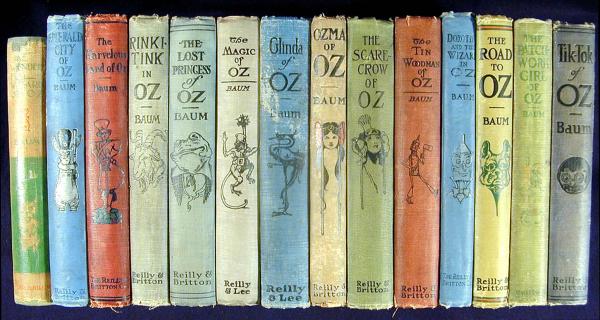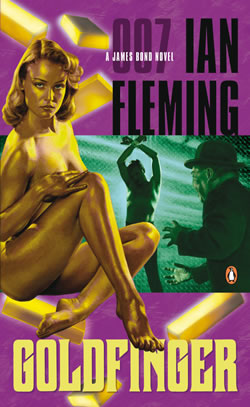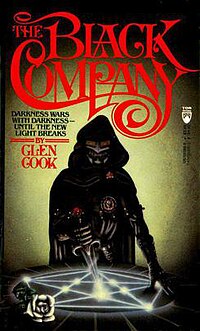If you know nothing about Slothrop (except that he fucks "a lot of people") by the end, or by when he disappears, then you really didn't pay attention.
He's a thinly-limned cipher of a character. What little we learn of his past tells us little of who he is as a person or why we should be following him around. He's practically a blank canvas - barely any personality, no insight, nothing. I've been paying close attention the entire book, waiting for something, ANYTHING to give me something of depth, something to make me care about the character on any level. He's not a character - he's Pynchon's boring, academic abstraction that he can use to make his utterly banal, cardboard-thin philosophical and sociopolitical points.
Is it the same things you learn about an 18th-19th century realist/modernist literary character? No, and that's the point.
Again, whether or not it's "the point" is immaterial. I'm not arguing against the fact that it's "new." What I'm saying is that it's bad, regardless of what paradigm it's working in.
I don't understand why you insist on reading this text through an old interpretational paradigm, and then call the text shit for failing to live up to those standards (which it obviously challenges). I'm sorry that you didn't understand/see it, but I would say that it's your fault, rather than Pynchon's.
It doesn't "challenge" anything. I'm not reading it through any particular paradigm, except the one that says that interesting and good writing has to be happening in a book for me to give a shit about it. I gave you SEVERAL postmodern/metafictive works that don't follow realist/modernist structures or patterns that work, but you insist on strawmanning my argument by acting like I'm not addressing the book on its own terms, when in fact I haven't addressed the book on ANY terms other than qualitative ones. Hell, even White Teeth - which I thought was kinda mediocre, though entertaining at times - has a better grasp of how to incorporate postmodernity into a narrative structure.
And to say that his play is ultimately formless sludge again misses the point, or what Pynchon is putting in its place. But honestly, your criticism is boring, recycled whining about the difficulty of postmodernism, which you blame on academics for hoisting/popularizing (?) this type of writing on the reading public. :Yawn:
More arguing of what Pynchon's "point" was. I see a book with four sections, each of which makes its "point" within the first dozen or so pages but goes on nevertheless with a bunch of short episodes that build nothing dramatically, offer no real insight into the characters or the situations in which they find themselves (save the occasional nice line or paragraph, which I do grant to the author in spite of himself) - thereby making the pages a chore to read, no matter what "mode" Pynchon happens to be writing in, beat every joke into the ground, obsess over the minutia of various and sundry sexual fetishes, includes excess modifiers and cliche images in 99/100 paragraphs (a major flaw in construction that one can't just handwave away by saying that Pynchon is "challenging conventions"), and has nothing of value to offer, creatively or intellectually
I'm not whining about the "difficulty" of postmodernism. I'm saying that once you get past the density of the prose (and "dense" does not mean the same thing as difficult (or complex, for that matter)), what Pynchon is "putting in its place" is laughably, transparently simplistic, lacking the sort of imagination and creativity that make literature worthwhile in the first place. I blame it on Academia and on a critical establishment that isn't willing to be truly critical, falling easily for such smoke and mirrors while ignoring the manifest flaws at almost every level of its construction, from the many cliches and poor modifiers in the prose, to the unfathomably large cast of skin-deep characters whose calculated "quirkiness" substitutes for actual development, meandering scenes, and a dated, early-70s paranoia over the nature of the individual's relationship to the system (and even if ALL of this is tongue-in-cheek on Pynchon's part, that's not enough to sustain even a book-length narrative, let alone 760 pages.
I have no problem with obfuscation - Hart Crane wrote beautiful, great poetry that is very difficult to understand on first glance - but there has to be something rewarding when you go back and unpack the difficulty. With Pynchon, you realize early on that such unpacking isn't worth the time or the effort, and isn't even truly necessary most of the time, anyway - what you see really IS what you get.





















